| |  | | | Lebanon's Unraveling: Corruption, Conflict, and a Crisis of Leadership By Ahnaf Kalam ● Oct 16, 2024 Smart Brevity® count: 7 mins...1804 words Lebanon is once again at the heart of a turbulent regional storm, as Israel's ground and air campaigns target Hezbollah's fortified positions along their shared border. The outcome of these operations will likely reshape not only Israel's security landscape but also Lebanon's political future, with U.S. diplomatic efforts focusing on leveraging this conflict for political change. Meanwhile, Iran and Russia's growing military collaboration, showcased by joint training exercises and industrial cooperation, adds another layer of complexity to the region. Adding to the geopolitical tensions, Iran's younger, more radical elements are gaining influence, pushing for a more aggressive stance in the region. As the West grapples with how to counter these rising threats, the ideological battle between life-affirming Western values and Islamist extremism continues to shape the broader narrative. The question remains: can Lebanon, and indeed the region, find a path to stability amidst such overwhelming internal and external pressures? | | Where Does Lebanon Go from Here? 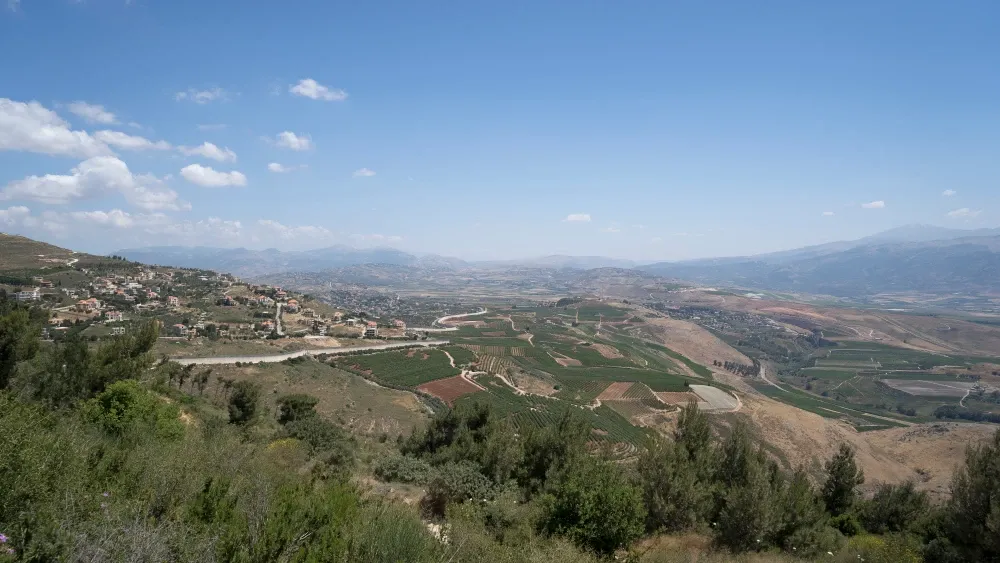 By: Jonathan Spyer Israel's ground and air campaigns aim to dismantle Hezbollah's fortified positions along the Lebanon border. Why it matters: The outcome of this operation could redefine regional power dynamics, impacting Israel's security and Lebanon's political landscape. -
Israel's objective is to degrade Hezbollah's military capabilities, which threatens communities along the border. -
U.S. diplomatic efforts are focused on leveraging this conflict for political change in Lebanon. The big picture: Hezbollah's infrastructure, deeply integrated into civilian areas, poses a complex challenge for Israel. -
The Israeli air campaign has notably weakened Hezbollah's leadership. -
However, the broader strategic goals remain unclear and may require expanded efforts. What's next: The potential withdrawal of Israeli forces could allow Hezbollah to regroup, questioning the long-term success of current operations. | | Iran and Russia Build Unexpected Military Ties  By: Michael Rubin Iran and Russia are strengthening their military collaboration, showcasing new levels of interoperability. Why it matters: The growing military cooperation between Iran and Russia could alter power structures in the Middle East and beyond. -
This partnership enhances Iran's military capabilities, making it a regional leader in specialized operations. -
The collaboration allows both nations to circumvent international sanctions, posing challenges to Western strategies. Joint training initiatives: Recent joint exercises, such as climbing Mount Elbrus, highlight the increasing interoperability between Iranian and Russian forces. -
This training is not just symbolic but enhances Iran's ability to deploy specialized units across the Middle East. -
Such exercises reflect a strategic focus on building capabilities suited for challenging terrains. Industrial collaboration: Iran's military-industrial cooperation with Russia is intensifying, evidenced by new contracts for aircraft parts and catalyst production. -
Iran's manufacturing of aircraft spare parts supports Russia amid aviation sanctions. -
Catalyst production for petrochemical processes is another area of cooperation, potentially helping both nations evade sanctions. Strategic implications: The Iran-Russia alliance poses a broader challenge by increasing their interoperability and sanction evasion tactics. -
Their collaboration goes beyond military hardware, encompassing deeper economic and industrial ties. -
Western policymakers must address the growing strategic partnership between these two nations. | | Canada's Lax Immigration Laws Almost Led to 'Largest Attack Since 9/11'  By: Todd Bensman Canada's immigration laws are facing criticism after a thwarted terror plot involving a student visa holder. Why it matters: The incident highlights potential security risks stemming from Canada's immigration policies, impacting both Canadian and U.S. national security. A plot foiled: Muhammad Shahzeb Khan, a Pakistani national on a Canadian student visa, was arrested for planning a mass attack in New York. -
The arrest was part of a joint operation with the FBI, preventing a potential large-scale tragedy. -
Khan's plot underscores the risks associated with high immigration numbers and insufficient screening. Policy implications: The Canadian government's immigration approach is under fire, with increasing calls for stricter controls and improved screening. -
Recent incidents, including Khan's, have prompted U.S. pressure for Canada to tighten its immigration policies. -
The Trudeau administration faces backlash but plans only minimal reductions in visa numbers. Cross-border tensions: The case has sparked a diplomatic stir, with U.S. politicians advocating for economic leverage to influence Canadian policy. | | Killings of Hezbollah Leadership Throw Militant Group Into Disarray 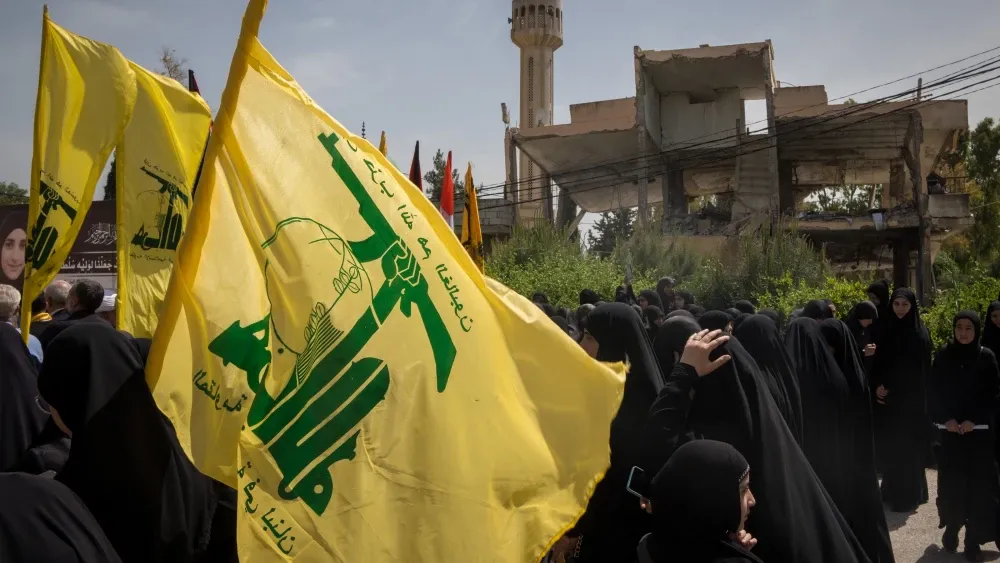 By: Sirwan Kajjo Recent Israeli strikes have left Hezbollah's leadership in disarray, raising questions about the group's future. Why it matters: The destabilization of Hezbollah's leadership could impact its operational capabilities and regional influence. Leadership vacuum: The deaths of top leaders, including Hassan Nasrallah, have left Hezbollah without clear successors. -
Analysts doubt a new leader will be appointed soon, leaving the group vulnerable. -
Hezbollah's decentralized operations continue, but strategic coherence is at risk. Iran's role: Iran's intervention is crucial in maintaining Hezbollah's organizational structure amidst the leadership crisis. Future uncertainties: The long-term impact of these leadership changes on Hezbollah's operations remains uncertain. | | Foreign Aid Is Ruining Lebanon 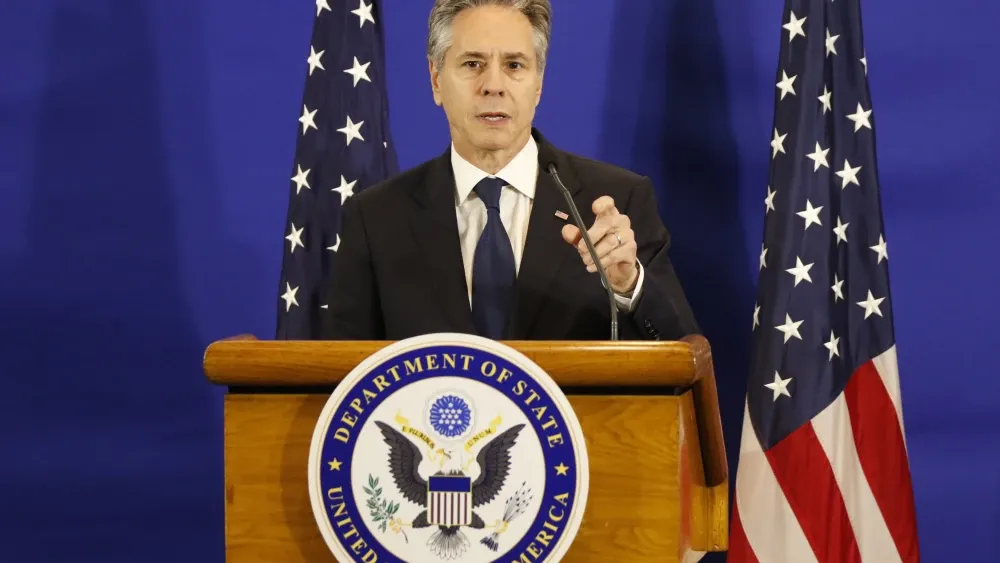 By: Michael Rubin U.S. financial aid to Lebanon raises concerns about reinforcing corruption and instability. Why it matters: The substantial aid provided by the U.S. could inadvertently support corruption and hinder effective governance in Lebanon. -
Lebanese politicians often misuse foreign aid, exacerbating local socio-economic issues. -
The lack of accountability in aid distribution fuels public distrust in government. Aid and governance: U.S. aid intended for humanitarian relief risks being diverted due to systemic corruption. Local solutions: Directing aid to municipalities could enhance transparency and accountability. Strategic considerations: A reevaluation of U.S. aid strategies is crucial for achieving meaningful results in Lebanon. | | UNRWA Deserves No Immunity in U.S. Courts 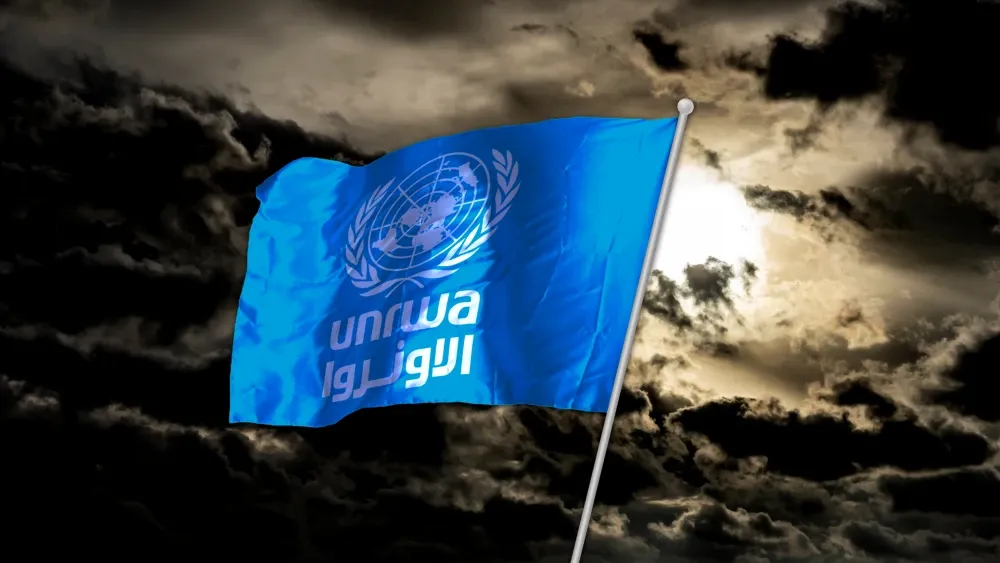 By: Elizabeth Samson The UN's refusal to waive immunity for UNRWA amidst allegations of ties to Hamas raises accountability questions. Why it matters: Granting immunity to UNRWA could shield it from accountability for alleged complicity with terrorism, raising security concerns. -
Victims of Hamas's attacks seek justice, challenging the current immunity status. -
The situation underscores the need for transparency within international organizations. Legal challenges: The U.S. courts face limitations due to UN immunity in cases involving international law violations. UNRWA's ties to Hamas: Allegations persist about UNRWA's connections with the militant group, demanding scrutiny. -
Evidence suggests involvement of UNRWA employees in attacks, complicating its operational neutrality. -
The UN's stance on immunity may prevent a thorough investigation into these claims. Policy implications: The U.S. has a vested interest in ensuring its aid doesn't support terrorism inadvertently. | | The Brewing War with Israel Is Boosting Iran's Young Hard-Liners 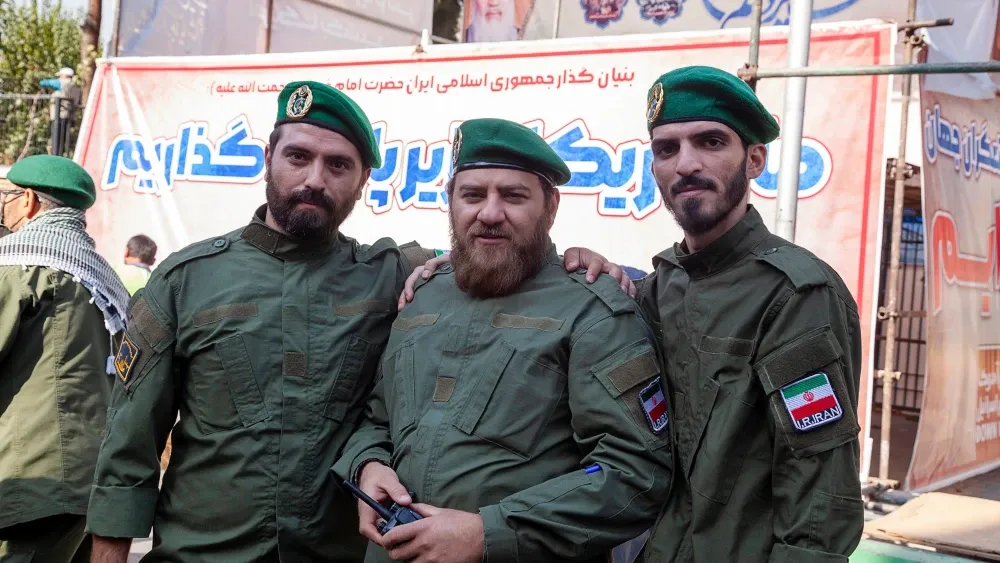 By: Saeid Golkar, Kasra Aarabi The escalating conflict with Israel strengthens younger radicals within Iran's Revolutionary Guard. Why it matters: The empowerment of Iran's young hard-liners could drive the country toward more aggressive policies and regional instability. -
These radicals are gaining influence, pushing for direct confrontations with Israel. -
The shift could lead to increased repression domestically and heightened external threats. Generational power shift: The younger faction within the IRGC is challenging the old guard's more cautious approach. Iran's internal dynamics: The IRGC's ideological shift is reshaping Iran's political and military landscape. -
Khamenei's reliance on younger radicals suggests a move toward more hard-line policies. -
This shift exacerbates existing crises, including economic instability and public dissent. Future implications: As Iran becomes more radical, expect increased tensions with regional and global powers. -
The IRGC's growing influence could lead to expanded missile programs and nuclear ambitions. -
The potential for regime collapse remains, but Iran's resilience makes radicalization likely. | | Does the West Love Life Enough to Defeat Islamists Who Love Death? 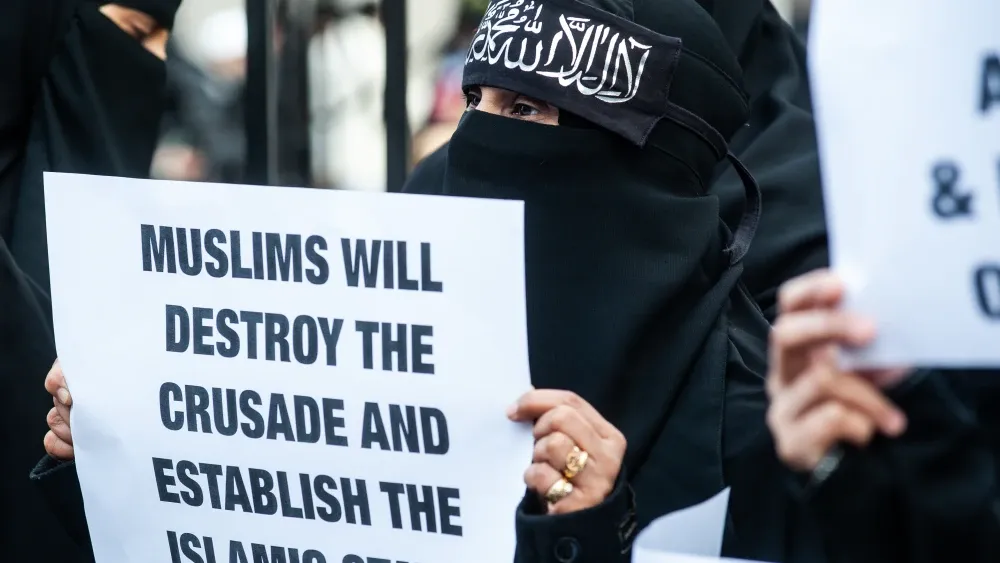 By: Giulio Meotti The ongoing ideological battle pits Western values of life against radical Islamists' embrace of death. Why it matters: The West must confront the existential threat posed by radical Islamists to preserve its values and way of life. Cultural clash: The ideology of Islamist extremists contrasts starkly with Western ideals. Media narrative: Western media portrayal of Islamist figures often lacks critical perspective. The path forward: The West must decide whether to stand firm or yield to radical pressures. | | | | | Lebanon's future is more uncertain than ever following Israel's campaign against Hezbollah. While Hezbollah remains resilient, Iran's growing influence complicates any long-term solutions. Lebanon's political paralysis, worsened by corruption and misuse of foreign aid, weakens its foundation. U.S. diplomatic efforts face the challenge of changing Lebanon's course without dismantling Hezbollah's grip. Meanwhile, Iran's rising hard-liners push for more radical confrontations, risking further instability. The West continues its ideological battle against extremism, impacting foreign and domestic security. Lebanon now stands at a critical crossroads between decisive action and continued decline. Stay tuned for the next edition of the Dispatch for further developments.
Sincerely,
Ahnaf Kalam
Digital Media Specialist
Middle East Forum | | | | Feedback Please share your thoughts on this edition. Was this edition useful?  

Your responses are anonymous |        MEF, an activist think tank, deals with the Middle East, Islamism, U.S. foreign policy, and related topics, urging bold measures to protect Americans and their allies. Pursuing its goals via intellectual and operational means, the Forum recurrently has policy ideas adopted by the U.S. government.
Copyright © 2024 Middle East Forum, All rights reserved.
Our mailing address is:
Middle East Forum
1650 Market Street, Suite 3600
Philadelphia, PA 19103 | | | | | Powered by 
| | This email was sent by Middle East Forum via Axios HQ | | | |
0 коммент.:
Отправить комментарий